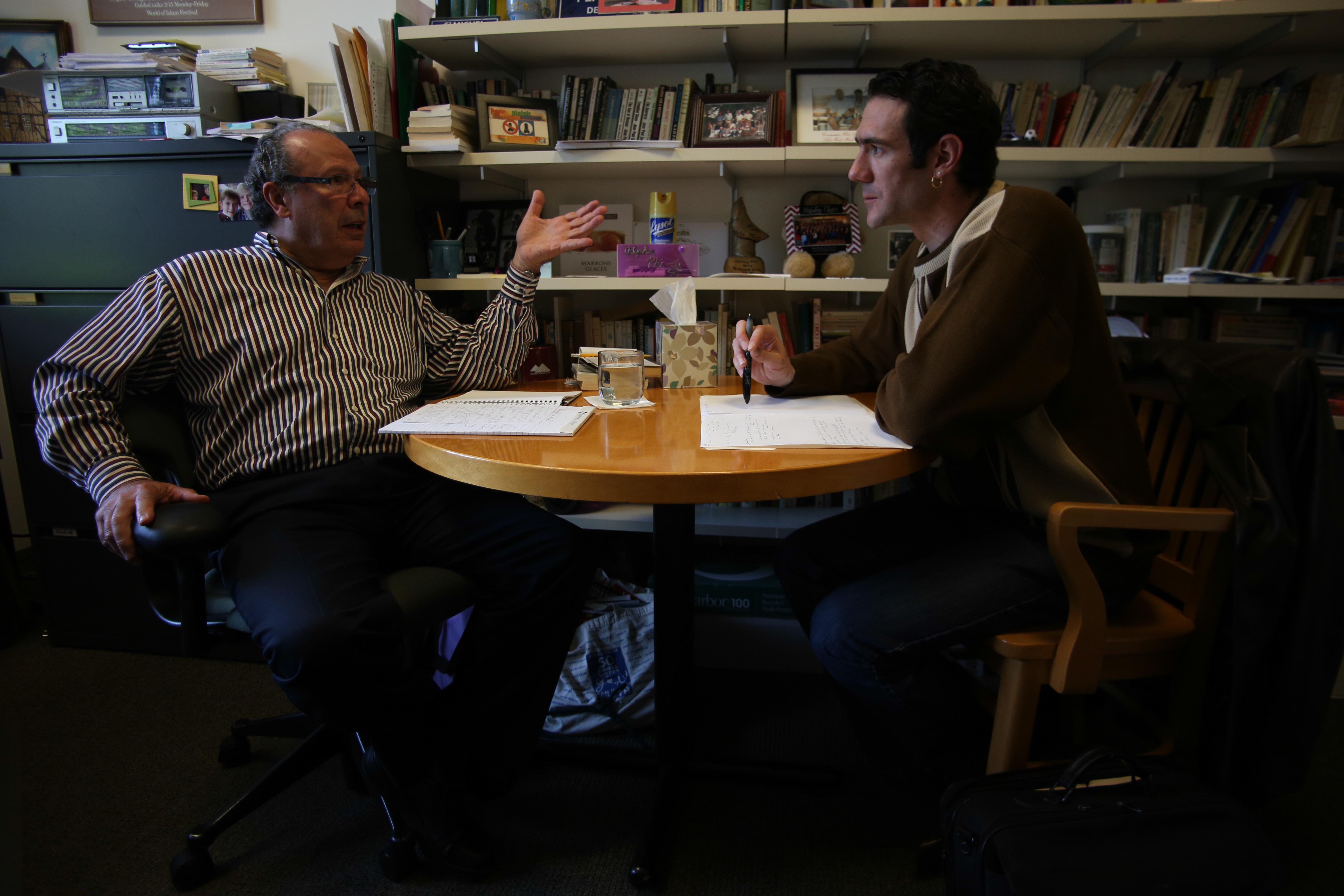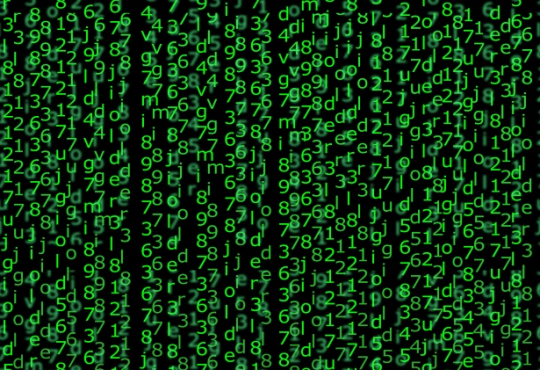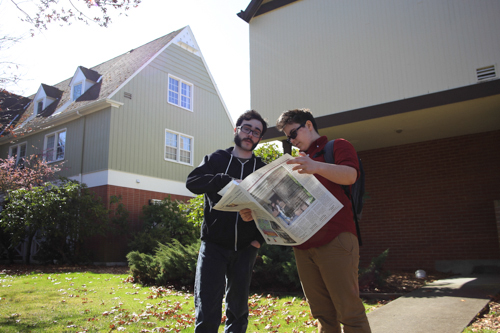
Puget Sound students have created a petition asking for the names of the 88 faculty members who voted against the KNOW overlay, which will implement teaching methods aimed at magnifying diversity. At the time of writing, the Facebook group “Students Demanding Transparency” had 71 members backing this petition.
“We believe that this many professors voting against a diversity core overlay is unacceptable at a university claiming to be concerned about diversity and social justice. There is no excuse for the perpetuation of the old core requirements when so much of this campus remains exclusive to white, male, cisgender, heterosexual, upper middle-class students,” the petition reads.
The petition has three main points explaining the desire for transparency. The first cites educational losses, the second the need to hold faculty members accountable for their decision, and the third the responsibility of students to make Puget Sound accepting of students from all backgrounds.
“We believe that the professors who voted against the requirement must be held accountable for voting to perpetuate the unacceptable state of our curriculum prior to the introduction to the overlay requirement,” the petition reads.
While it is understood that KNOW will not fix all diversity issues at the University, signers of the petition believe the program would create positive changes.
“Any argument to the contrary is ridiculous because despite progress the university has made the state of our diversity efforts remain unacceptable because there are obviously members or groups within the administration and faculty resistant to change,” the petition reads. “…We therefore request the release of the names of all faculty who voted on the diversity overlay requirement and the names of those who abstained.”
In an e-mail sent to all campus members, Academic Vice President and Dean of the University Kristine Bartanen addressed the petition and values of campus.
“I affirm clearly that it is counterproductive to assume that a vote against the KNOW proposal is a vote against an inclusive community,” Bartanen said. “…Rather, the vote is an indication of a range of disagreement about the best way in which to foster such a community and implement a requirement.”
“A vote against the proposal…should not be interpreted as a vote against diversity or in opposition to an open and welcoming community,” President Ronald R. Thomas said.
Bartanen further explained that there are ranges of teaching methods within the faculty, and that it was partially due to these divisions that votes were divided. Because the vote has passed and KNOW will be implemented, the campus as a whole was encouraged to work together to help make the overlay successful.
“As I observed the faculty debate over the past year, it was clear that there were many substantive reasons expressed to support the proposal and many that advocated a different pedagogical approach to reaching the objective on principled or practical grounds. The process was in my view very transparent. There was struggle, to be sure. But struggle is always a part of progress,” President Thomas said.
“I suggested further that we will do that work best not by fostering division, or silencing dispute, or casting blame but by continuing open, respectful, learning dialogue in the days ahead,” Bartanen said.
Students, faculty, staff and administrators can have meaningful dialogue about differing perspectives on how best to foster an inclusive community, how to continue to create spaces that invite and honor minoritized voices and how together to hear the complex range of voices that speak to diversity and inclusion both on campus and in society.”
Addressing the petition, the e-mail explained how releasing the names of faculty members was not appropriate, given that professors are not elected officials but rather professional educators. It should also be noted that the student-circulated petition did not address what students were going to do with the released names or why that was important to creating diversity at Puget Sound.
“I believe that we are all interested in creating an inclusive and welcoming campus community, one that challenges us to think critically, to debate ideas humanely, and to be challenged to reach our aspirations,” Bartanen said.
“Continually creating a campus environment that is welcoming and inclusive is an absolutely essential priority for the university, and I am proud to be part of an institution where faculty, students, and staff work together to engage issues and improve the experiences of all members of our community,” President Thomas said.
“…The issue has never been whether or not we as a community are invested in advancing a more diverse and inclusive community, but rather what the faculty, who hold responsibility for the curriculum, believe to be the best way to integrate these values into our curriculum.”



